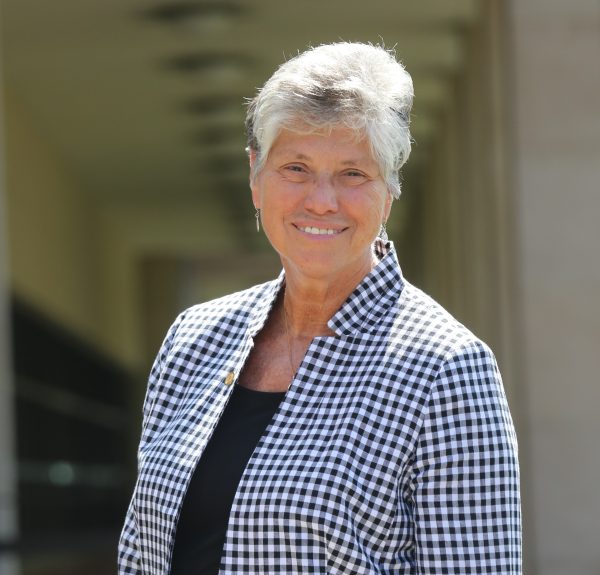OPINION: Betsy DeVos is at it again
Photo credit/ Gage Skidmore
Betsy DeVos gives a speech. Photo via Wikimedia Commons under Creative Commons license.
October 9, 2018
Education Secretary Betsy DeVos is developing new policies on campus sexual assault. Many victims’ advocates fear what DeVos will do in these policies, and they have reason to be afraid.
According to the New York Times, DeVos’ proposed rules would give more rights to accused students and decrease the liability of colleges and universities. By narrowing the definition of sexual assault, DeVos advises limiting on-campus investigations while giving an option to demand a higher standard of proof.
Under this new policy, schools would only be required to investigate assaults that took place on campus. It would also allow the accused and accuser to cross-examine and request evidence of each other.
But all of these new proposed rules are problematic.
I’m not sure how DeVos doesn’t see a problem with allowing a student accused of sexual assault to cross-examine the alleged victim, but I do.
Any trial or investigation is traumatic and stress-inducing for the victim, and having her or his attacker question them would make it far worse. This also might discourage many students from reporting an assault, knowing that the one who assaulted them can interrogate them directly. Having a neutral person do the questioning makes more sense, and would be better for all people involved.
According to the Bureau of Justice Statistics, about 70 percent of rapes and sexual assaults among college-aged women from 1995-2013 occurred at the victim’s home or at another person’s home. Fifty-one percent occurred while the victim was away from home or traveling.
These statistics show why it isn’t reasonable for a school to not investigate a rape or assault involving students just because it didn’t happen on campus. If the student attends that school, it is the school’s responsibility to deal with it.
Additionally, this new policy requires schools to be held responsible only to investigate formal complaints and to respond to reports only if the school’s officials have “actual knowledge” of the event. So, if a student were to tell a dorm resident advisor about an incident, the school legally doesn’t have to investigate.
All in all, this new proposed policy is absolutely horrible.
It favors and protects the accused while leaving lesser protection for the victims. Schools would have more choice on what to investigate and fewer legal responsibilities.
In a speech at George Mason University last year, DeVos said “Here is what I’ve learned: the truth is that the system established by the prior administration has failed too many students. Survivors, victims of a lack of due process, and campus administrators have all told me that the current approach does a disservice to everyone involved.”
I’m not sure who exactly you talked to, Betsy, but I think the system you want to implement does everyone a much greater disservice.
Contact the writer: [email protected]















